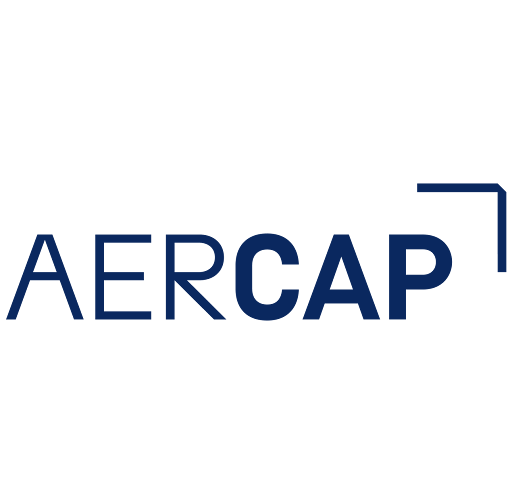Supporting AerCap in consolidating its position as a leader in aviation leasing by delivering best-in-class IT solutions


AerCap is a global leader in the aircraft leasing industry, headquartered in Dublin and in business since 1955. The NYSE-listed company serves 300 corporate customers worldwide, offering passenger and cargo aircraft leasing. The company's portfolio includes more than 1,700 aircraft, 1,000 engines and 300 helicopters, as well as an order book for 300 new aircraft. In 2022, the company reached US$7 billion in revenue with 650 employees. The company plays a key role in the global air transport sector, providing comprehensive and modern leasing solutions.
Business challenges
AerCap was looking for a trustworthy IT partner who, with the knowledge and experience of its experts, would be able to carry out technological process optimisation and accelerate the company's digital development. The company's previous technology partner did not meet the expectations. The use of offshoring services was associated with numerous problems due to – among other things – cultural differences, time zones and a misunderstanding of the values and requirements of the project. The company needed to upgrade its IT systems, which could provide higher operational efficiency and reliability, effectively supporting core business functions.
AerCap's dynamic growth and global ambitions required scalable and flexible IT solutions that would adapt to the changing needs of the organisation. Additionally, faced with stringent regulatory requirements and management responsibilities, AerCap had to meet compliance, audit and reporting requirements – essential for a publicly listed company.
Solution
The collaboration began with a workshop at AerCap's IT centres to identify project needs. Britenet's technology managers visited AerCap's headquarters to familiarise themselves with internal systems, expectations, organisational structures, projects and key personnel to facilitate and accelerate relationship building.
Britenet then developed detailed competency profiles that were tailored to the project requirements. In collaboration with AerCap, the main objectives of the project were established and specialists matching the required profiles were selected. Internal technical verification ensured that the skills and experience of the specialists met the specific project criteria. Following successful verification, a detailed scope of work was discussed, and training sessions were held to prepare the specialists for the project.
Our specialists provided AerCap with comprehensive IT support that met their strategic needs. We ensured operational fluidity by implementing a flexible and scalable service model that adapted to the company's rapidly changing requirements. Certified experts effectively managed technical challenges, and a proactive approach to performance monitoring and incident handling enabled AerCap to focus on its core business, without having to get involved in operational IT issues.
Results
AerCap's trust in us to deliver IT solutions has resulted in incredible outcomes for the company. The company has achieved significant results that have translated into operational and technological efficiencies. The implementation of an advanced data warehouse has improved information management, enabling better business decision-making. The development of UX/UI competencies within the client's structures contributed to increasing the quality of their products and services, improving the user experience. The client also gained the ability to fully focus on developing their core business, while we ensured the reliable and scalable operation of their IT systems. Upgrading their technology stack has resulted in a clear increase in efficiency and flexibility for future challenges.
The collaboration between AerCap and Britenet is an excellent example of how strategic partnerships can accelerate technological advances and improve the operational efficiency of a company that provides services in a demanding industry.
Technologies and tools
.NET, MVC, C#, PL-SQL, React, UX/UI, DevOps, SysOps, Azure, ASP.NET, .NET Core and Microsoft.
Other case studies

Machine Learning
Forecasting and automating stock keeping unit supply suggestions across 10,000 stores nationally
Challenges One of the largest franchise chains on the Polish market str...